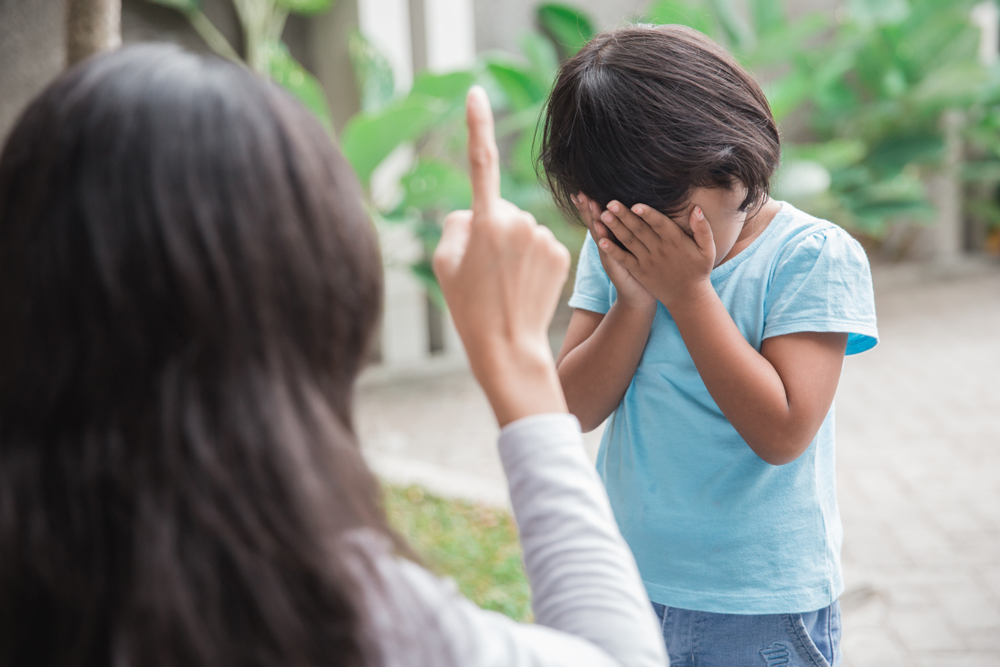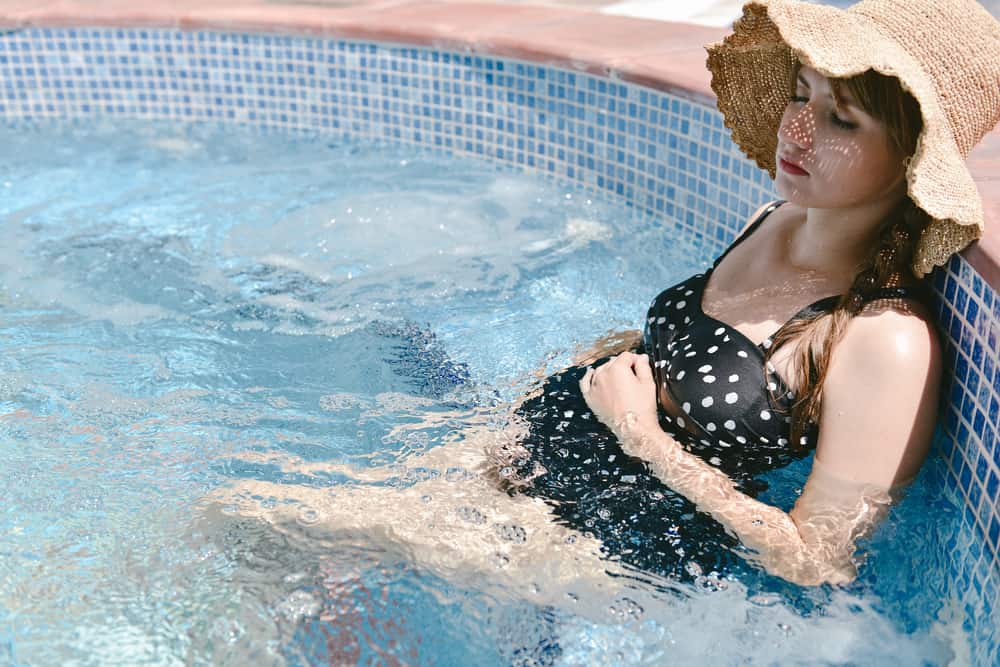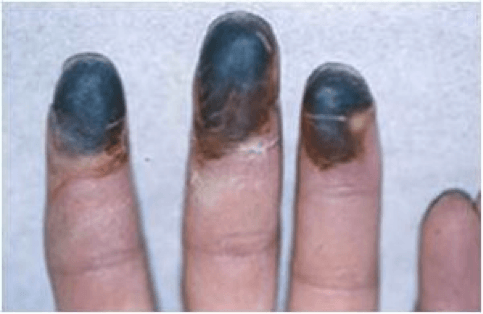Contents:
- Medical Video: 10 Traits of Toxic Parents Who Ruin Their Children’s Lives
- What happens when parents criticize children spicyly?
- So, what is the best way to criticize a child?
Medical Video: 10 Traits of Toxic Parents Who Ruin Their Children’s Lives
Criticizing the child is indeed necessary to control children's behavior. But remember, not in a way that is rude and excessive. Research shows that children's emotional development and mental health can be disrupted if parents often criticize children, especially in excess.
What happens when parents criticize children spicyly?
A study conducted by Binghamton University in New York, looked at 87 children and their parents to find out how their children reacted when they were criticized by their parents. Parents are asked to give criticism to children for five minutes. Then, the children are asked to mention which emotions they recognize from their parents' expressions.
The results show that children who get criticism too often are not so sensitive in assessing their parents' facial expressions. This phenomenon is called attention bias, which is the tendency to pay attention to several things while ignoring others.
Healthline's page quoted, Monica Jackman, a therapist at Port St. Lucie, Florida explained that more and more responses were received by the amygdala — parts of the brain that process emotions— against facial expressions, making someone more and more want to ignore it.
"Parents can be frustrated and continue to give criticism because children show attention bias," Jackman added. Simply put, no one likes to be criticized and blamed. Especially with the spicy tone and fierce face of the parent. Likewise with children. Feelings of being severely criticized are certainly not pleasant. Therefore, children who are often criticized by their parents unconsciously ignore the angry words and expressions of their parents.
It is only natural for anyone, including children, to try to defend themselves from fear or anger. They prefer to focus on other things, such as looking down and staring at their own feet. That way, they don't need to feel how sick and embarrassed they are criticized by parents.
So, the more often children are criticized, the more likely it is that they will not listen to the criticism. Parents who feel neglected become even more spicy criticizing and scolding children.
In the long run, the attention bias shown by children coupled with excessive parental criticism can make it difficult for children to recognize emotions from other people's facial expressions. This is because they are used to (accidentally) not to ignore the emotions of others.
In fact, the ability to recognize emotions is very important for children to express their own emotions and also to communicate with others.
In addition to disturbed emotional development, children's mental health can also be disrupted if parents are too rude in criticizing children. Parenting like this according to Greg Hajcak Proudfit, a psychologist at Stony Brook University might make children deterred. However, it can also make children affected by anxiety disorders.
So, what is the best way to criticize a child?
Children often make mistakes, such as playing until they forget time, do not clean the bedroom, or take a rain shower without permission. This is normal and certainly faces many parents, not just you. Then, how do parents control their children's behavior? One of them by giving him criticism.
However, you need to know if everyone must have done something wrong, especially children who are still in the learning stage. Although children's behavior often makes you shake your head, it does not mean that every action needs to be criticized. Moreover, criticizing him excessively, for example in a loud voice or harsh words.
The criticism that you give to the child must be heard and understood by the child. Do not arrive, the criticism goes into the right ear and out of the left ear, aka not useful at all.
The method is not easy, but you can apply the "criticism plus praise" technique. That is, between you criticize the child, give him praise and support. In addition, choose words that don't hurt the child. Of course children will pay attention to you.
For example, children let their rooms fall apart after they draw and scribble. Try saying, "Your picture is very good, kid. But why is the room a mess? If the picture is good, the room is made good, too. Come on, make a colored pencil and your desk when it's finished drawing. "














